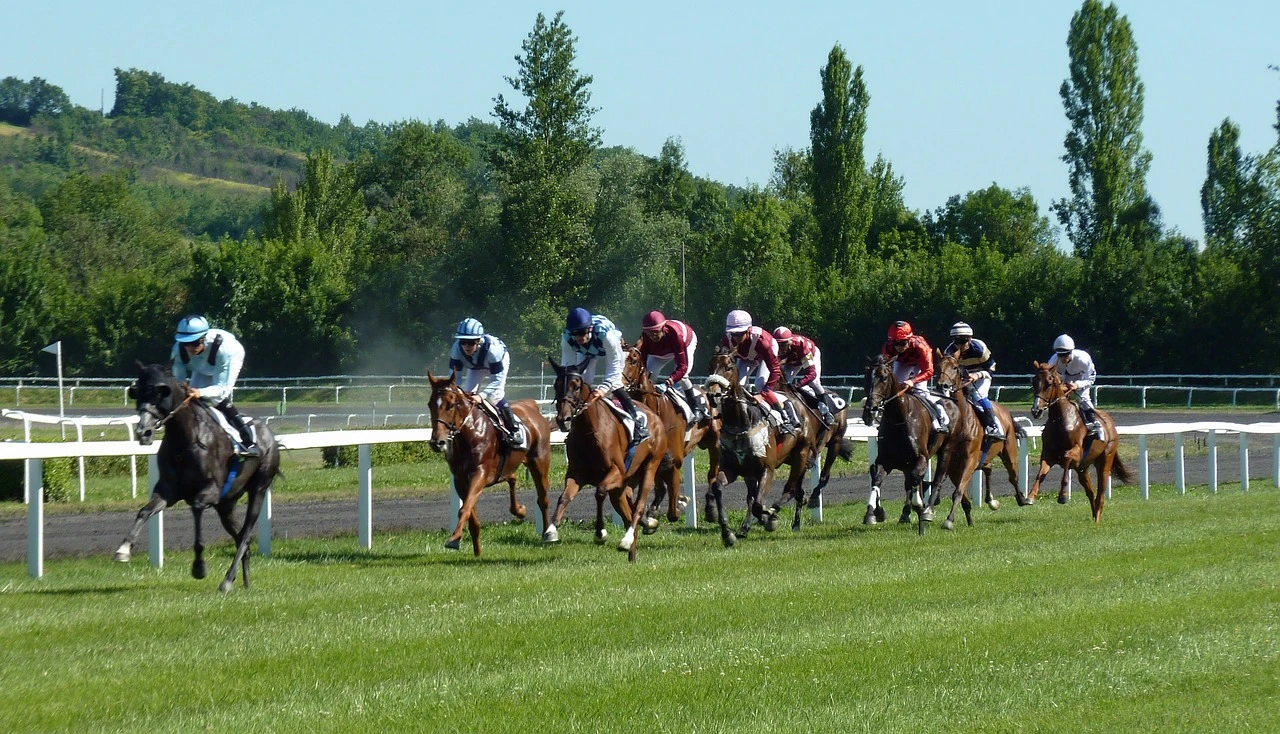Horseracing Betting Levy contributions to hit record £108 million in 2024-25, despite dip in turnover

The Horserace Betting Levy Board (HBLB) has said it expects to receive £108 million ($144 million) in levy payments during 2024-25, a new annual record for the organisation, despite betting turnover decreasing during the year.
The Horserace Betting Levy is a mandatory fund paid by bookmakers with annual gross profits on British horse racing over £500,000, at a rate of 10%. This funding helps to support the sector.
Should this total be reached, it would surpass the existing record of £105 million in 2023-24. However, figures for the year ended 31 March 2025 are not final and remain subject to further validation.
According to the HBLB, levy income had initially been expected to decline year-on-year to approximately £100 million. However, with bookmakers’ gross profit – the basis of the levy calculation – above recent years’ in February and March, the total increased. The HBLB highlighted race results at the Cheltenham Festival in March as a material factor.
However, racing betting turnover for the 12-month period was lower year-on-year, with average turnover per race down 8%. The 2024-25 total also fell 15% short of 2022-23 and was 19% behind 2021-22.
In view of the higher levy income, the HBLB agreed approximately £11 million worth of new grants to projects and initiatives. In addition, it has pledged £93 million towards prize money and the sport’s regulation and integrity.
HBLB commits to additional funds from levy income
Commenting on the figures, HBLB Interim Chair Anne Lambert said a higher yield meant additional reassurance to the board moving forward. She said the organisation’s cash position was “healthy” and it will make additional funds available next year.
However, she also acknowledged the fall in turnover, saying this may have an impact on longer-term spending.
“We will exercise appropriate prudence in expenditure decisions and maintain sufficient reserves as bookmakers’ increased profits are being generated from falling turnover,” Lambert said. “It remains to be seen whether this trend will continue in the longer term.”
HBLB Chief Executive Alan Delmonte also offered insight into the year ahead. He said that, as a starting point, the organisation is assuming a levy yield of £103 million, based on agreed bookmaker payments on account for the year beginning April 2025.
“The assumptions will be reviewed regularly through the year in the light of our own analysis based on the greatly appreciated information provided to us voluntarily by major bookmakers,” he said. “HBLB sometimes carries out a mid-year reassessment exercise with betting operators if actual data significantly diverts from the aggregate payments on account.”
Betting and Gaming Council warns against more taxes
In relation to an expected record yield, the Betting & Gaming Council (BGC) took the opportunity to warn against further tax rises within the sector.
The Treasury recently announced a tax consultation, proposing replacing the current three online betting and gaming tax rates with a single rate. However, the BGC said this threatens an overall tax increase for online gaming, which could heavily impact the horseracing sector.
“For the fourth year running, contributions have increased to record levels” BGC CEO Grainne Hurst said. “This demonstrates the growing, long-term investment regulated betting provides British horse racing.
“But it is concerning to see once more despite record levy contributions, racing continues to struggle, both as a sport and as a betting product, with betting turnover down again year-on-year. BGC members remain committed fans of racing. They recognise better than most the huge economic impact it makes in communities across the country.”
Hurst said it is important this “vital” contribution is not undermined by further new tax rises. She said a single tax for online betting risks driving punters away from the sport or towards the black market.
“These parasite operators don’t pay tax, don’t care about safer gambling, or contribute a penny to the levy,” she said. “The BGC wants sustainable growth, for our members and for racing. Any new taxes would halt investment, hurt punters and harm racing.”
